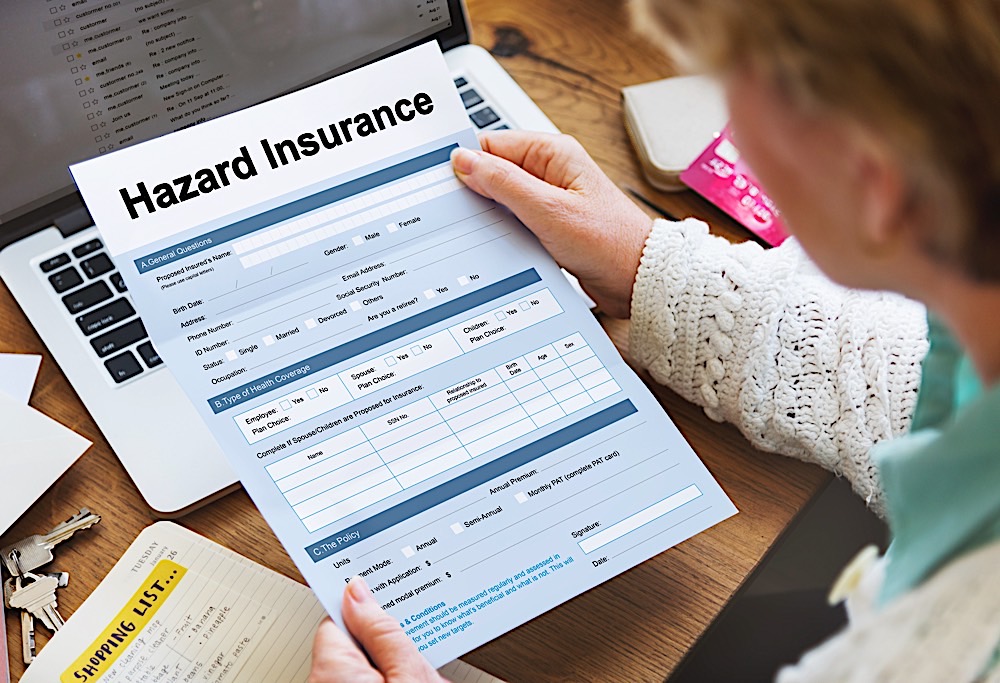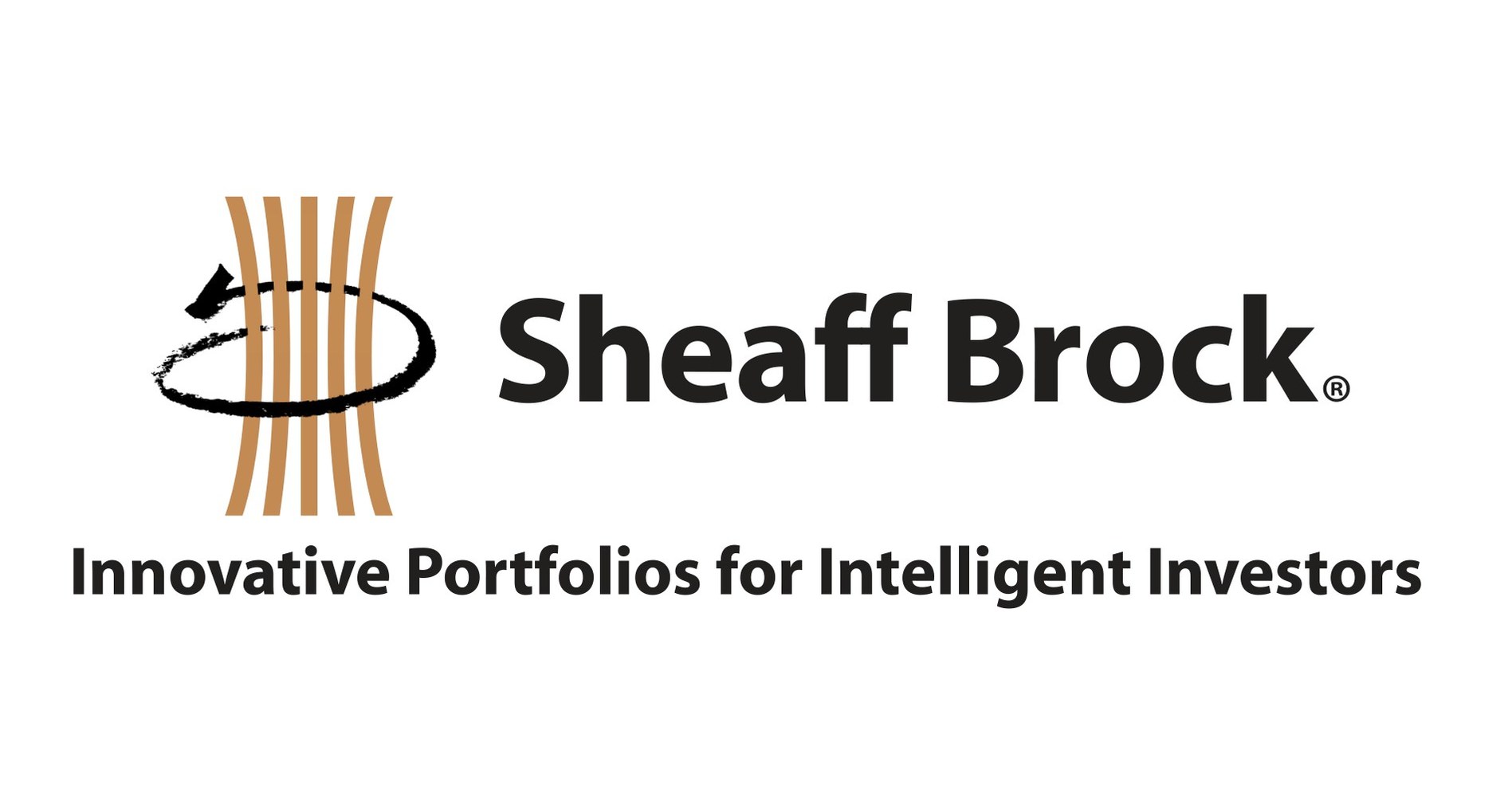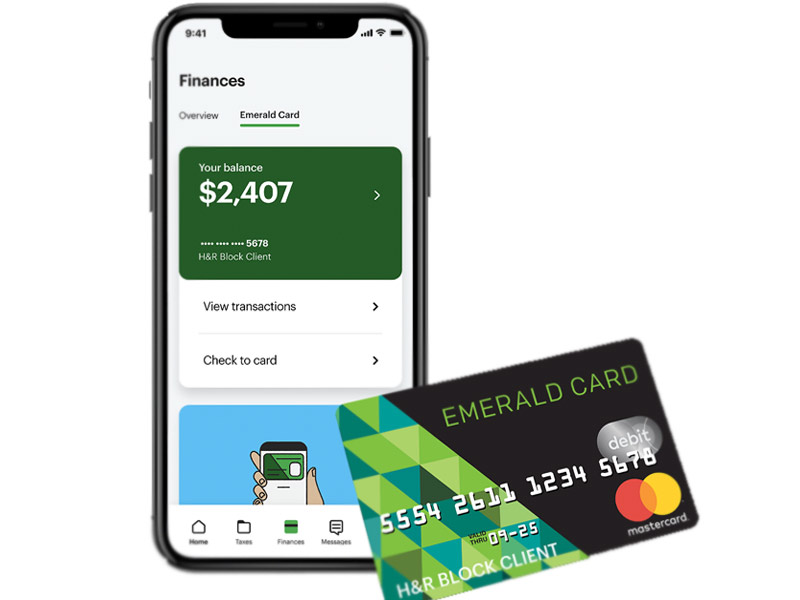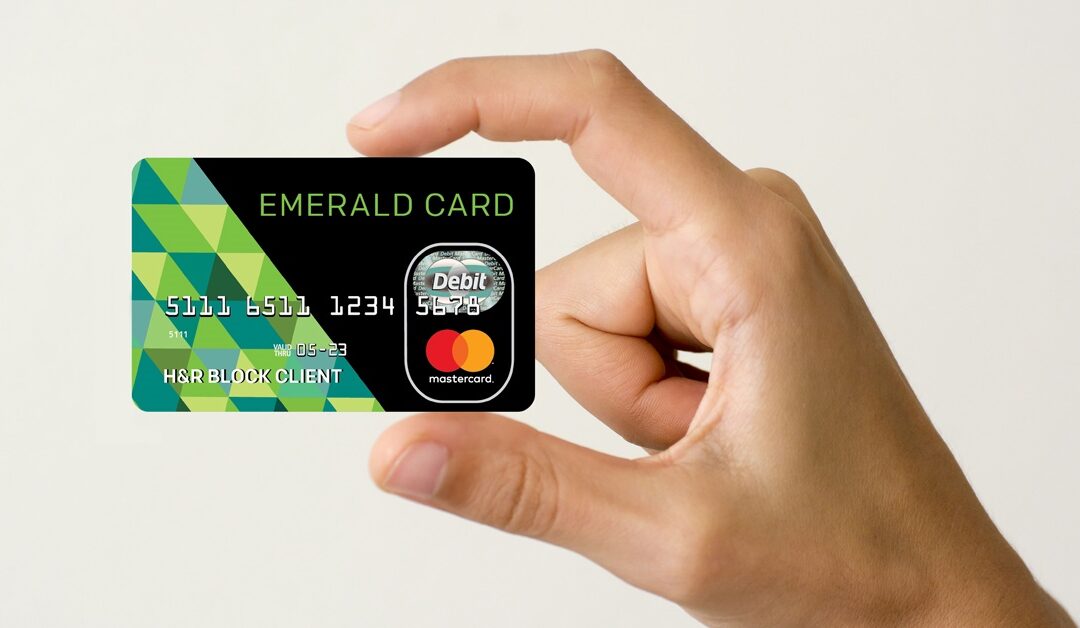Hazard insurance is a requirement for SBA loans, On this page, we will explained everything you need to know about Hazard Insurance requirements for SBA loans
Let’s define hazard insurance, go over several company insurance scenarios, and figure out how to secure your loan.
What is hazard insurance, exactly?
Simply defined, hazard insurance protects your house or company and its contents from physical harm caused by covered risks, or “hazards.”
However, “hazard insurance” is only a name for a coverage that is included in other forms of insurance policies (which you probably already have).
Many hazards are covered by your property insurance, whether it’s commercial property insurance, homeowners insurance, condo insurance, or renters insurance, which we’ll detail below. This is exactly what hazard insurance is. Of course, each of these scenarios is subject to your insurance policy’s limitations and exclusions, as well as your deductible and an adjuster’s evaluation.
Storm damage: Hazard insurance covers damage caused by most forms of storms, including rain, wind, hail, hurricanes, tornadoes, and blizzards. It must, however, be the outcome of a sudden event rather than chronic deterioration. Rain damage from a hole in your ceiling caused by a tree falling through it, for example, would be covered. Rain damage from a slow leak that could have been fixed months ago would not be covered. Rain-related flood damage is also not covered. (Hint: a separate flood insurance policy is required.)
Theft: If someone takes your property (from the inside or outside), your insurance company will reimburse you for the cost of replacing it after you submit a police complaint.
Hazard insurance will cover the cost of property damage caused by a fire.
Sudden or inadvertent water discharge: Hazard insurance covers damage caused by a burst pipe, a ruptured water heater, or the failure of a washing machine or dishwasher. While the policy covers the damage, it does not cover the cost of replacing the defective water heater, washing machine, dishwasher, or other appliances.
Overflow: If water spills from a clogged toilet or sink and causes damage, hazard insurance will pay the costs.
Sewer backup or water backup (at an extra cost): Water backup coverage is not automatically included in your hazard insurance, but it can be added for a fee. If a pipe, drain, sewer line, or sump pump in your company or home backs up and produces an overflow, this insurance will cover you. Because the backup occurs deeper within the plumbing system than the drain, it differs from the “overflow” coverage described above.
Service line coverage (at an extra expense): Service line coverage is an optional coverage that covers the cost of repairing any broken pipes or cables (such as electricity lines, water pipes, and septic lines) that enter your land.
Damage to your property caused by causes such as power surges, electrical shorts, mechanical failures, motor burnout, or operator mistake is covered by equipment breakdown coverage (available at an additional cost).
Hazard insurance may already be in place in the following situations:
You might be thinking, “Yikes, I don’t have hazard insurance, but I really need those items protected!” now that you know what it is.
As previously said, hazard insurance is merely a name for a coverage that is included in a variety of property insurance policies.
You’re probably insured if you have any type of commercial property insurance.
Property insurance for businesses:
You may already have a commercial property insurance coverage, which is hazard insurance, if you own any business property.
Commercial property insurance protects your business’s tangible assets from damage or loss, including buildings, furniture and equipment, supplies, computers, inventory, customer’s items, signage, fencing, and even lost income.
Check out this post to discover more about what your business property insurance covers: What is Commercial Property Insurance, and how does it work?
Is personal insurance considered?
You may not have a commercial property coverage if you run a business out of your home, apartment, or condo and do not have a lot of business property.
If this is the case, you may be asking if the hazard coverage provided by your homeowners, renters, or condo insurance policy is adequate.
Unfortunately, the Massachusetts SBA does not permit personal hazard insurance to be considered for an SBA loan at this time. They also won’t take into account company auto insurance.
You’ll need a separate business property insurance policy, which you may bundle with your general liability insurance to save money.
If you don’t have a policy (or one with sufficient limitations, as discussed in the following section), you should call your SBA Disaster Contact and explain your circumstances to see what they can do.
If you have any questions, you can contact them at [email protected].
Do you have adequate hazard insurance?
The SBA currently requires that your hazard insurance cover at least 80% of your loan amount.
However, we recommend that you insure 100 percent of the value of your business property with hazard insurance since, in the event of a catastrophic loss, you want to ensure that you can replace all of your business property.
Here are a few other facts we’ve discovered about SBA loans and hazard insurance:
We’ve been doing a lot of study to assist our clients since this loan requirement first arose. From the SBA, we’ve discovered a few more related rules.
- The insurance policy must be in the company’s name and include verification of business property.
- If you’re a sole owner with a DBA, the DBA must be listed on the policy.
- Your representative is available to assist you:
- Your agent can assist you with the procedure whether you already have hazard coverage, have it but need to increase your limits, or do not have it at all.
- Your agent will be able to process and give you a proof of coverage for you to provide to the SBA to finalize your loan once you’ve confirmed you have the correct coverage!
Is it possible to obtain hazard insurance if you do not own the property?
Technically, no, but you can buy renters’ insurance, which will cover you in the event of a disaster. It may appear perplexing, but that’s just because the word “hazard insurance” is often used interchangeably with “homeowners insurance,” and you can only receive homeowners insurance for a home you own.
In my friend’s instance, the SBA had previously approved her loan and was now demanding her to present proof of insurance to protect her business assets (computers, documents, printers, and so on) from disasters.
Why does the SBA require EIDL loans to have hazard insurance?
The Small Business Administration is a financial institution. The SBA, like any other lender, is trying to protect the collateral on their loans from unforeseen events. As a result, the Small Business Administration requires that all borrowers obtain hazard insurance within 12 months of receiving a loan approval. All Economic Injury Disaster Loans fall under this category. Additionally, all borrowers must maintain coverage for the duration of the loan.
What If I Run a Home-Based Business?
If you run a home-based business and own your home, you’ll need to purchase a homeowners insurance coverage. Make sure your insurance company adds your company’s name to your coverage.
If you rent the home where you reside and conduct business, you’ll need a renter’s insurance policy that covers you against the same risks.
The SBA representative explicitly states in the email above that they want my friend’s policy to cover at least 80% of her business assets.
Make sure to inform your insurance company of the quantity of coverage you require to meet your loan’s requirements, as well as whether they are willing to add the name of your company on your homeowners or renters’ insurance policy, depending on your scenario.
If they won’t cover your company under the same policy, you’ll either have to transfer providers or seek a separate business property insurance (BPI) policy.
Property Insurance for Businesses
This type of insurance protects your business’s commercial buildings and moveable physical assets, also known as business property insurance (BPI).
Although some providers are happy to offer you a BPI even if your business is home-based, these insurance plans are designed for enterprises operating out of commercial buildings.
In most cases, commercial property insurance gives more coverage than standard homes insurance. If you already have commercial property insurance, it’s likely that your current policy will cover all of the SBA’s coverage needs.
If you own a physical store, you almost certainly needed commercial property insurance just to comply with local rules.
Hazard Insurance’s Price
Hazard insurance premiums are determined by a number of criteria, including the limits and deductibles you select, as well as the type of coverage.
The state you live in is one of the most important cost variables for hazard insurance. Florida and Texas, for example, are among the most expensive states because to the frequency with which natural catastrophes such as hurricanes and tornadoes devastate property.
If you are a homeowner, you can use a simple calculation to get an estimate of how much hazard insurance will cost you. To get an estimate of the annual cost of hazard insurance, multiply the purchase price of your home by 0.23 percent to 0.33 percent.
If you’re a tenant in need of only renters insurance, I have some good news for you. According to the Insurance Information Institute, the average cost of renters insurance in the United States is roughly $15 per month.
Where To Find Low-Cost Hazard Insurance For SBA Loans?
Comparing rates is the greatest method to obtain a good deal on hazard insurance. When it comes to selecting the right coverage, comparing quotes from several providers will save you time and money.
VALUE COMPARISON
The simple truth is that if you own a brick-and-mortar firm, there’s a strong probability you already carry hazard insurance. If you run a home-based business like my friend, all you have to do is make sure you have hazard insurance in your company’s name. Adding your company’s name to your coverage is often free of charge.
Of course, there are standards to meet in order to qualify for this loan, just as there are for any other loan. Insurance is one of the most crucial necessities. Throughout the life of your loan, you must have a variety of policies in place. In addition to being required to have insurance to qualify for a loan, having the appropriate form of insurance might mean the difference between success and failure.
More on Business Insurance and SBA Loans:
What is a business insurance?
In a nutshell, business insurance is a contract between the firm and the insurance company. In exchange for premium payments, the insurance company offers to provide financial protection in the case of a specific loss. When a loss occurs, the company will file a claim.
Why does a company require insurance?
Business insurance can help protect business owners and freelancers from ordinary risks including blunders, stock or property damage, and legal fees. Some rules may even defend against supply chain failure and company interruption.
What are the consequences of not having commercial insurance?
Operating a business without insurance carries not only legal consequences, but also a hefty financial penalty. Because penalties and fines differ from state to state, the total fines for not having insurance are determined by where you live.
Typical types of company insurance needed for an SBA loan
Some types of business insurance that you may be obliged to carry are listed below. However, because every organization is different, consult with a small business insurance expert to determine your needs. An SBA lender may require the following policies:
Insurance for Workers’ Compensation
Workers’ compensation is normally required if you have employees. Employees who are injured on the job are covered by this sort of insurance, which includes wage replacement and medical benefits. To qualify for an SBA loan, small business owners must meet all state standards.
Insurance against risks
Collateral is necessary when applying for an SBA loan. A borrower can use collateral to secure a loan by pledging property or other assets. The SBA requires borrowers to maintain hazard insurance on all pledged property in order to qualify for an SBA loan. The borrower must furnish a second insurance if the borrower’s business is located in a state that requires additional coverage, such as wind, hail, or earthquake.
Insurance Against Floods
If FEMA (the Federal Emergency Management Agency) says any part of the loan collateral is or will be in a designated flood hazard zone, you’ll need to get flood insurance. Borrowers who do not maintain the needed flood insurance for the duration of the loan will be disqualified for future SBA help. The sole exception is if the needed flood insurance for personal property collateral is unavailable or too expensive.
Insurance for real estate
Real estate insurance must cover the full replacement cost of the property. In the absence of full replacement cost insurance, the policy must be for the maximum insurable value.
Life insurance
According to the SBA, life insurance is necessary for the principals of sole proprietorships, single member LLCs, or firms that are otherwise dependent on one owner’s active participation if the loan is not fully secured, depending on the size and term of the loan.
Insurance for the sale of alcoholic beverages
Liquor liability is a risk for every business that sells alcohol, regardless of size, and insurance may be beneficial.
Liability insurance for professionals
Professional liability insurance (PLI) covers professionals such as accountants, lawyers, and physicians from claims brought by their clients for negligence or other reasons. Because general liability insurance policies do not cover claims stemming from business or professional practices such as carelessness, malpractice, or misrepresentation, professionals who have expertise in a certain area require this form of insurance.
How to Get Business Insurance: Best Practices
Here are four things to think about before buying business insurance:
Make a risk assessment.
Consider how accidents, natural disasters, and lawsuits might affect your business. If you need assistance, the National Federation of Independent Businesses (NFIB) has insurance information to help you assess your risks and ensure you’ve covered every part of your business.
Look for a licensed agent with a good reputation.
Agents who specialize in commercial insurance can assist you in finding coverage that are tailored to your company’s needs. Keep in mind that when they sell policies, they receive commissions from insurance companies, so it’s critical to select a certified agent who is as concerned about your requirements as he or she is about his or her own.
Look around.
Prices and advantages can differ dramatically. Insurance quotes from multiple different brokers should be compared for rates, terms, and benefits.
Reevaluate your situation once a year.
Your liabilities will increase as your company expands. If you’ve upgraded or changed equipment or expanded your operations, you should talk to your insurance agent about how these changes would effect your coverage.
Finally, some thoughts
It’s a good idea to get all of your ducks in a row before applying for an SBA loan. Before you begin the application process, check with your lender to see if you require additional insurance.



